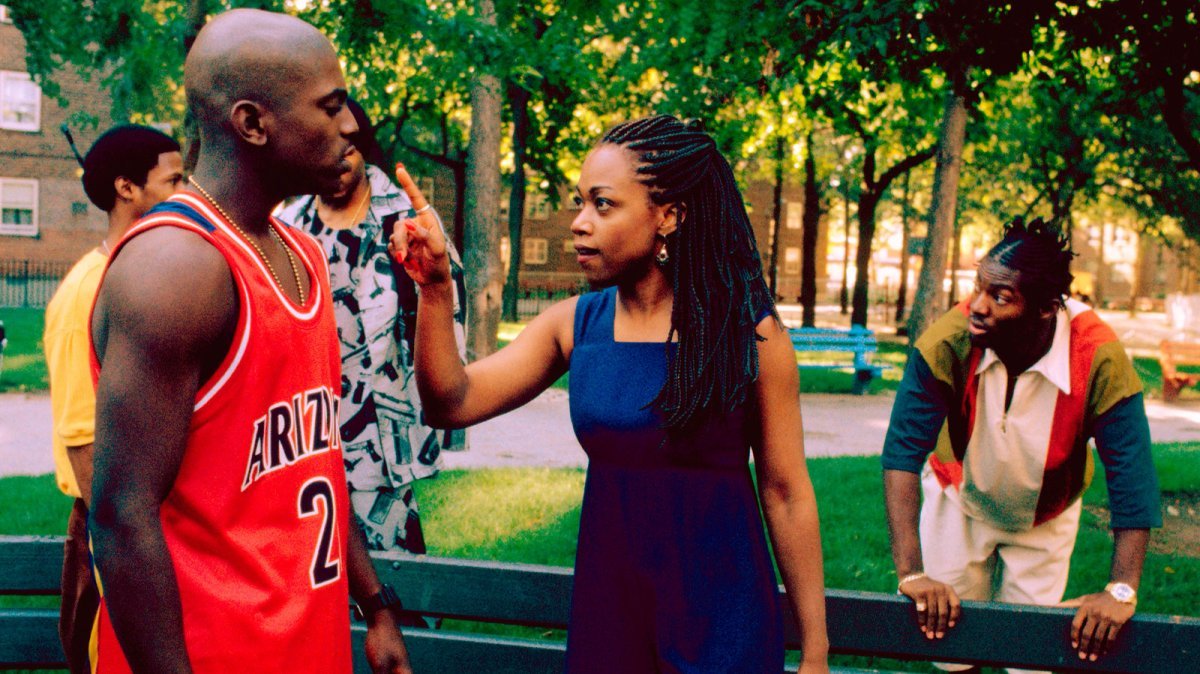Clockers is a movie that arrests and engrosses scene by scene, building tension with surly direction while preaching with creative narrative choices. It is amongst the most sermon oriented of Lee’s films, (which is saying a lot) and that is where its weaknesses lie, but its strengths are many, chief amongst them the emotionally rich quality of the performances. In a movie where Lee’s tendency towards pontification can feel heavy-handed and oppressive, Lee’s performers give a masterclass in how to tell a story subtly, while still being able to compliment Lee’s more inflated sensibilities. One thing about a Spike Lee film is you cannot afford to be a small actor in them, and this is the arguably the biggest I've seen any troupe in his films. I’ll be damned if many times during this revisit I didn’t inadvertently blurt out “This is the best acted Spike Lee film we have. There are a great deal of performances in to choose from in this film, but three in particular are central to this; Regina Taylor (Iris Jeeter) Harvey Keitel (Rocco Klein) and Delroy Lindo (Rodney Litle). My focus here is Regina.
